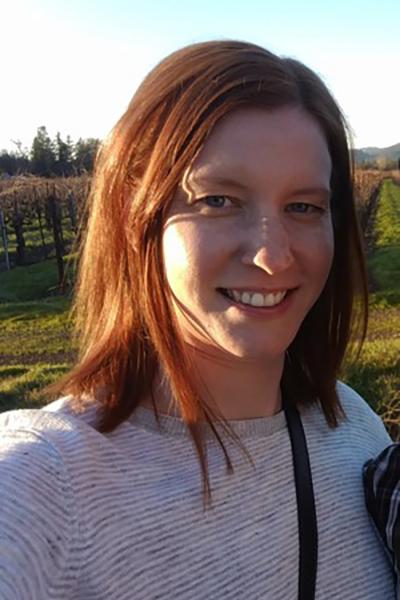Astronomy Colloquium Series Presents
Dr. Decker French, Hubble Postdoctoral Fellow, Carnegie Observatories in Pasadena
“Bold Nuclei in Old Galaxies”
Galaxies evolving through the post-starburst (or E+A) phase are in the midst of drastic changes in their stellar populations, morphologies, and gas content. They are likely experiencing periods of AGN-driven feedback, alongside a high rate of tidal disruption events (TDEs), and are thus good laboratories to explore how these nuclear processes depend on and affect the rest of the galaxy. While post-starburst galaxies have stopped forming new stars, we have discovered that many have significant reservoirs of molecular gas remaining, which are depleted only after the starburst had already ended. Young post-starburst galaxies have molecular gas reservoirs similar to normal star-forming galaxies, which decline to the levels of early type galaxies within 1-2 Gyr. This rate of gas depletion is too rapid to be explained by the low star formation rates in these galaxies, so AGN feedback may be responsible. Recent ALMA observations show these galaxies have low dense gas fractions, and the mechanisms which deplete the gas after the starburst may be the same as those which suppress the collapse of gas into denser states. We have also found that post-starburst galaxies host a disproportionate number of TDEs, in which a star is accreted onto the black hole. I will present recent work on what the cause of the TDE rate enhancement during this phase may be and how this host galaxy preference can be used as a tool for identifying new TDEs.
Please note: Should you require any reasonable accommodations to ensure equal access and opportunity related to this event please contact Stacy Tiburzi at 734-764-3440 or stibu@umich.edu.
Galaxies evolving through the post-starburst (or E+A) phase are in the midst of drastic changes in their stellar populations, morphologies, and gas content. They are likely experiencing periods of AGN-driven feedback, alongside a high rate of tidal disruption events (TDEs), and are thus good laboratories to explore how these nuclear processes depend on and affect the rest of the galaxy. While post-starburst galaxies have stopped forming new stars, we have discovered that many have significant reservoirs of molecular gas remaining, which are depleted only after the starburst had already ended. Young post-starburst galaxies have molecular gas reservoirs similar to normal star-forming galaxies, which decline to the levels of early type galaxies within 1-2 Gyr. This rate of gas depletion is too rapid to be explained by the low star formation rates in these galaxies, so AGN feedback may be responsible. Recent ALMA observations show these galaxies have low dense gas fractions, and the mechanisms which deplete the gas after the starburst may be the same as those which suppress the collapse of gas into denser states. We have also found that post-starburst galaxies host a disproportionate number of TDEs, in which a star is accreted onto the black hole. I will present recent work on what the cause of the TDE rate enhancement during this phase may be and how this host galaxy preference can be used as a tool for identifying new TDEs.
Please note: Should you require any reasonable accommodations to ensure equal access and opportunity related to this event please contact Stacy Tiburzi at 734-764-3440 or stibu@umich.edu.
| Building: | West Hall |
|---|---|
| Website: | |
| Event Type: | Lecture / Discussion |
| Tags: | Astronomy, Climate and Space Sciences and Engineering, Lecture, Physics |
| Source: | Happening @ Michigan from Department of Astronomy, Department of Physics, Michigan Institute for Research in Astrophysics |


